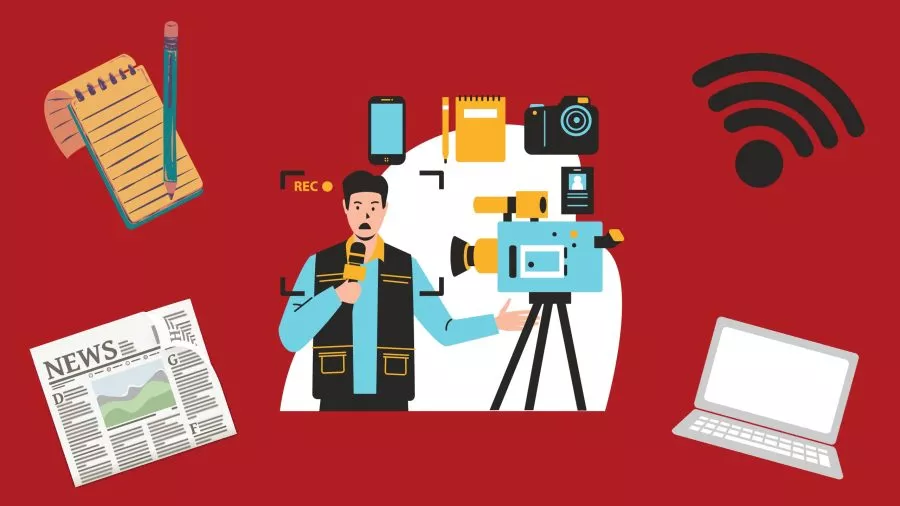By Tom Hill, Course Director and Founder, Up To Speed Journalism Training.
In this series of articles I’m looking at some of the key skills every reporter needs to develop. In any stationery department you will see reporter’s notebooks on sale and despite all the technological innovations we’ve witnessed over the years, those ringbound pads are still among the most important tools of the job.
Tip #12 Make Notes
Hot gossip, hearsay and rumour may all be intriguing, but if you want to write stories that people will believe, you need to make accurate notes of the conversations you have with your sources.
As soon as you put pen to paper, or type words onto a screen, your story becomes more potent, powerful and potentially dangerous than any whispered snippet of information picked up on the grapevine.
The written word can be dangerous for the subject of the story and also for the writer. Publish and you may be damned, but also sued.
A carefully written, contemporaneous note allows you to demonstrate that you have an accurate version of what has been said and it might be produced as evidence for your defence in a court of law.
As a reporter, your job is to find out what is going on by talking to people. You write down what they have to say, not for your own benefit, but so that you can report their words to other people, your readers.
A reporter’s best friends.
It may not feel easy or natural at first, but as you become more experienced, producing a notebook and pen, part way through a conversation, will become second nature. So too, will the ability to engage people in a meaningful discussion while making a note of what they are saying.
Sometimes you’ll feel it necessary, or appropriate, to ask your interviewee’s permission to reach for your pen and pad. At some point in the conversation, you’ll say, “Really? That’s fascinating. Do you mind if I make a note of what you’re saying?”
It is often a good idea to explain why you are making notes and to reassure the interviewee that you want to make sure you get it right.
When you are new to reporting, it is also a good idea to buy for time when you are making those notes. Don’t be afraid to go back over what you have written, again impressing your source with your determination to write an accurate story.
Seeing your notebook, and your notes in shorthand, will often inspire confidence in an interviewee, who may well appreciate that as a reporter you have the power to sway opinion and get things done.
So, if you want to start behaving like a professional reporter, start carrying a notebook wherever you go.
NB(nota bene…that’s Latin for note well)
In the old days of Fleet Street, photographers sometimes dismissed reporters as “blunts”, short for blunt nibs.
And that’s a clue for another piece of advice. Never go anywhere without a pen, and one that works.
